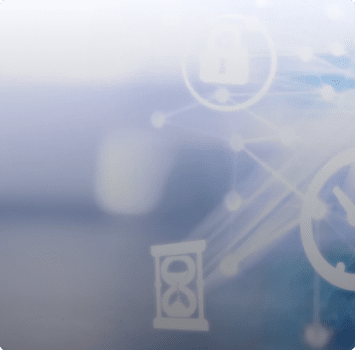The Certified Anti-Money Laundering Specialist (CAMS®) credential is widely recognized as the gold standard in AML certifications, acknowledged internationally by financial institutions, governments, and regulators. The Association of Certified Anti-Money Laundering Specialists (ACAMS®) stands as the largest international membership organization dedicated to enhancing the knowledge, skills, and expertise of AML/CTF and financial crime detection and prevention professionals. This certificate qualifies its holders to work in various professional sectors requiring 'Compliance Officials,' including central banks, financial market authorities, brokerage firms, financial and securities institutions, money exchange and transfer companies, insurance firms, investment and finance companies, as well as other governmental regulatory and law enforcement agencies, and both financial and non-financial institutions.
This program is specifically crafted to assist individuals aspiring to obtain the certificate offered by the Association of Certified Anti-Money Laundering Specialists (ACAMS®) in the United States of America. It aims to equip students with a comprehensive set of resources, including multiple-choice questions, case studies, and valuable advice and notes. These materials are designed to enhance the student's preparation for the test, gauge their understanding of the topics, and ensure readiness for the Certified Anti-Money Laundering Professional Certificate, ultimately leading to a successful examination outcome.
Course Objectives:
By the end of this course, participants will:
- Grasp the concepts of money laundering, its practices, and associated risks.
- Formulate an effective system for combating Anti-Money Laundering (AML).
- Develop procedures to be implemented within financial or non-financial institutions.
- Acquire an understanding of competent authorities and available resources.
- Establish an AML/Counter Financing of Terrorism (CFT) Compliance program.
- Implement and adhere to internal standards in alignment with national and international AML/CFT norms and legislation.
- Provide support for investigations and reporting of Money Laundering (ML) and Terrorist Financing (TF).
- Recognize the economic, social, and financial consequences of money laundering.
Target Audience:
- Anybody who aspires to work in the core compliance field or wish to shift their career into compliance.
- Professionals who are currently working in AML, CFT, Counter Illicit Finance, and Combating Financial Crimes.
- All professional who are currently working in Financial, DNFBPs or NPOs institutions.
- All professional who are currently working in Law Enforcement bodies.
- All professional who are currently working in regulatory or supervisory bodies.
Course Structure:
This course is practical. Participants will be asked to share their experiences with their colleagues. The course uses a variety of interactive training methods, including:
- Interactive lecturing
- PPT Presentation
- Individual and group discussions
- Workshops
- Case studies
- Training Videos
- Illustrative examples
- Training questions
- Final Practice Exam (120 Questions)
Delivery Method:
In-Person Classes
Course Outline:
Module 1: Money Laundering Risks and Methods
- What is Money Laundering?
- Three Stages in the Money Laundering Cycle
- The Economic and Social Consequences of Money Laundering
- Methods of Money Laundering
- Banks and Other Depository Institutions
- Non-Bank Financial Institutions
- Non-Financial Businesses and Professions
- Risk Associated with New Payment Products and Services
- Corporate Vehicles Used to Facilitate Illicit Finance
- Case Studies
- Sample Exam Questions
Module 2: International Standards of Money Laundering Compliance
- Financial Action Task Force (FATF)
- The Basel Committee on Banking Supervision
- European Union Directives on Money Laundering
- Other Related Initiatives and Organizations
- Key US Legislative and Regulatory Initiatives Applied to Transactions Internationally
- Case Studies
- Sample Exam Questions
Module 3: Money Laundering Compliance Program
- Assessing AML/CFT Risk
- AML/CFT Program
- Establishing a Culture of Compliance
- Know Your Customer
- Know Your Employee
- Suspicious or Unusual Transaction Monitoring and Reporting
- Automated AML/CFT Solutions
- Due Diligence / Enhanced Due Diligence
- Case Studies
- Sample Exam Questions
Module 4: Conducting or Supporting the Investigation Process
- Investigations Initiated by the Financial Institution
- Investigations Initiated by Law Enforcement
- Cooperating with Law Enforcement During an Investigation Against a Financial Institution
- Obtaining Counsel for an Investigation Against a Financial Institution.
- Investigation Against a Financial Institution
- Media Relations
- AML/CFT Cooperation between Countries
- Case Studies
- Sample Exam Questions
Module 5: CAMS Full Practice Questions Exam









